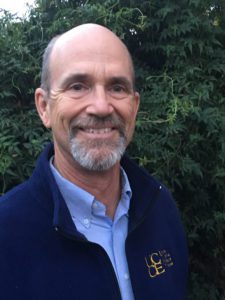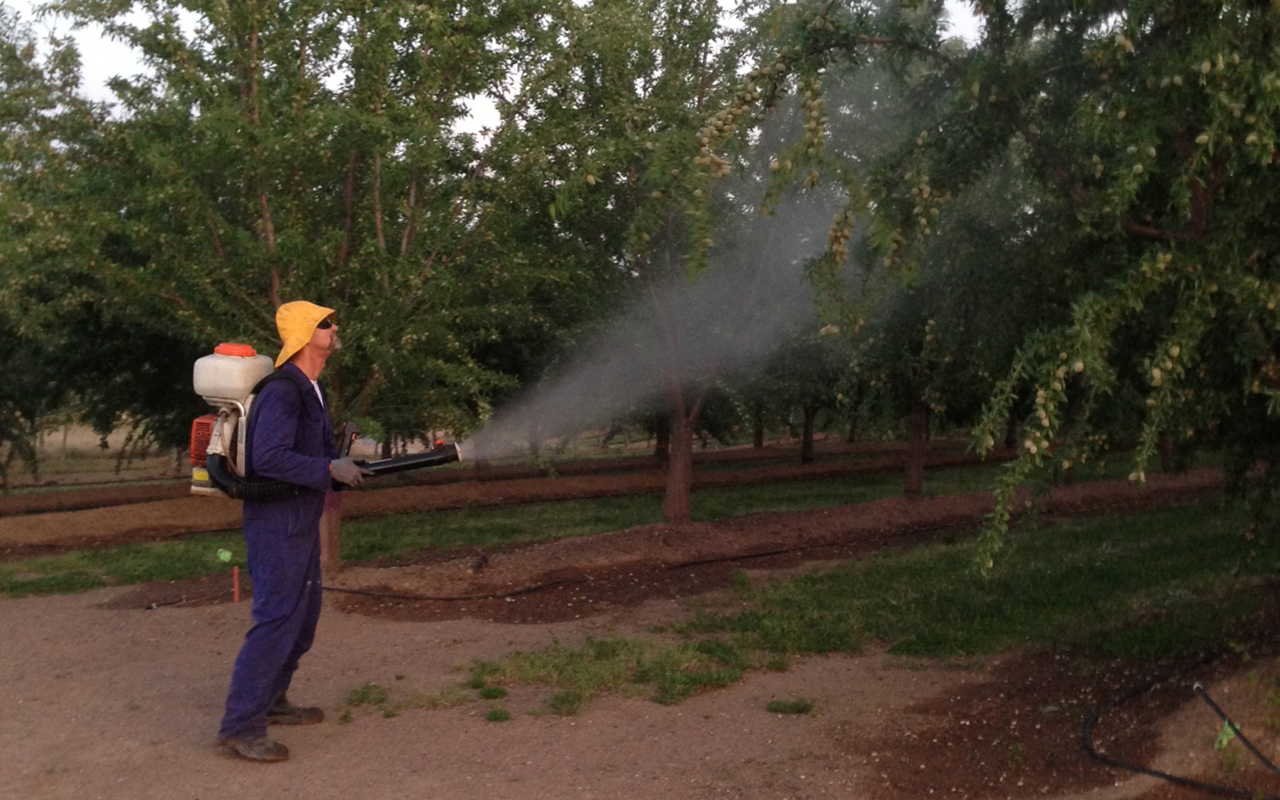 Sometimes our professional paths are shown to us at an early age, as was the case with Franz Niederholzer, orchard systems farm advisor with the University of California Cooperative Extension (UCCE) in Colusa County.
Sometimes our professional paths are shown to us at an early age, as was the case with Franz Niederholzer, orchard systems farm advisor with the University of California Cooperative Extension (UCCE) in Colusa County.
“But ‘farm advisor’ is just fine,” says Niederholzer.
When Niederholzer was fresh out of high school, his father purchased a prune orchard in the Orland area. Niederholzer realized that he enjoyed and appreciated producing something useful and decided on a career in agriculture.
Niederholzer’s family became members of Sunsweet, the large prune co-op, and it was there that Niederholzer became acquainted with a community of very cooperative-minded growers, including Erick Nielsen and Milton Ollenberger, as well as the co-op’s knowledgeable field staff. This especially included Sunsweet’s dryer manager in Corning, William Latane Sale.
Though Sale mentored many people, his kindness had a lasting effect on Niederholzer, especially since Niederholzer was new to the prune-growing game.
“Latane said everything starts with the soil, and I said ‘okay,’” says Niederholzer about why he chose to pursue soil science. “When your mentor— or someone you really admire— says something, you go that way. I still buy Red Wing boots because he wore Red Wings.”
Niederholzer has seen some changes since his earlier days in prune farming, but one of the most notable is the move to micro-irrigation. There are many factors to consider in farming, but for those growing in the central stretch of California, the reality is that the climate is arid, growers are aiming to maximize production, and the most limiting factor present is water.
“If you can apply water carefully and uniformly, you can farm on all kinds of landscapes that you could never farm before, as well as farm the best landscapes really well,” explains Niederholzer. “The more forgiving landscapes, you can be more cost-efficient with. But, some of the soils farmed profitably now could never have been successfully farmed without micro-irrigation.”
Even with all his experience in farming and in research through UCCE, Niederholzer remains humble about his relationship to growers, noting them as the growing experts. He’s learned that key factors in growing are a simple philosophy, such as staying alert when it comes to field conditions, paying attention to water, and laying a solid groundwork for a consistent yield.
“You’re not looking for a knockout punch,” says Niederholzer. “Don’t drift too far away from the field.”
Niederholzer notes that the most successful growers pay close attention to their fields. But, also, they are often part of a large economic motor in their communities. (And, sometimes, they are the only economic motor.) This is why, as his career and the industry continue to move forward, Niederholzer would like to see consistent crops and successful farming support healthy rural communities. As the university extension continues to help growers, growers can continue to offer economic input into their communities, which can be beneficial for everyone involved.












